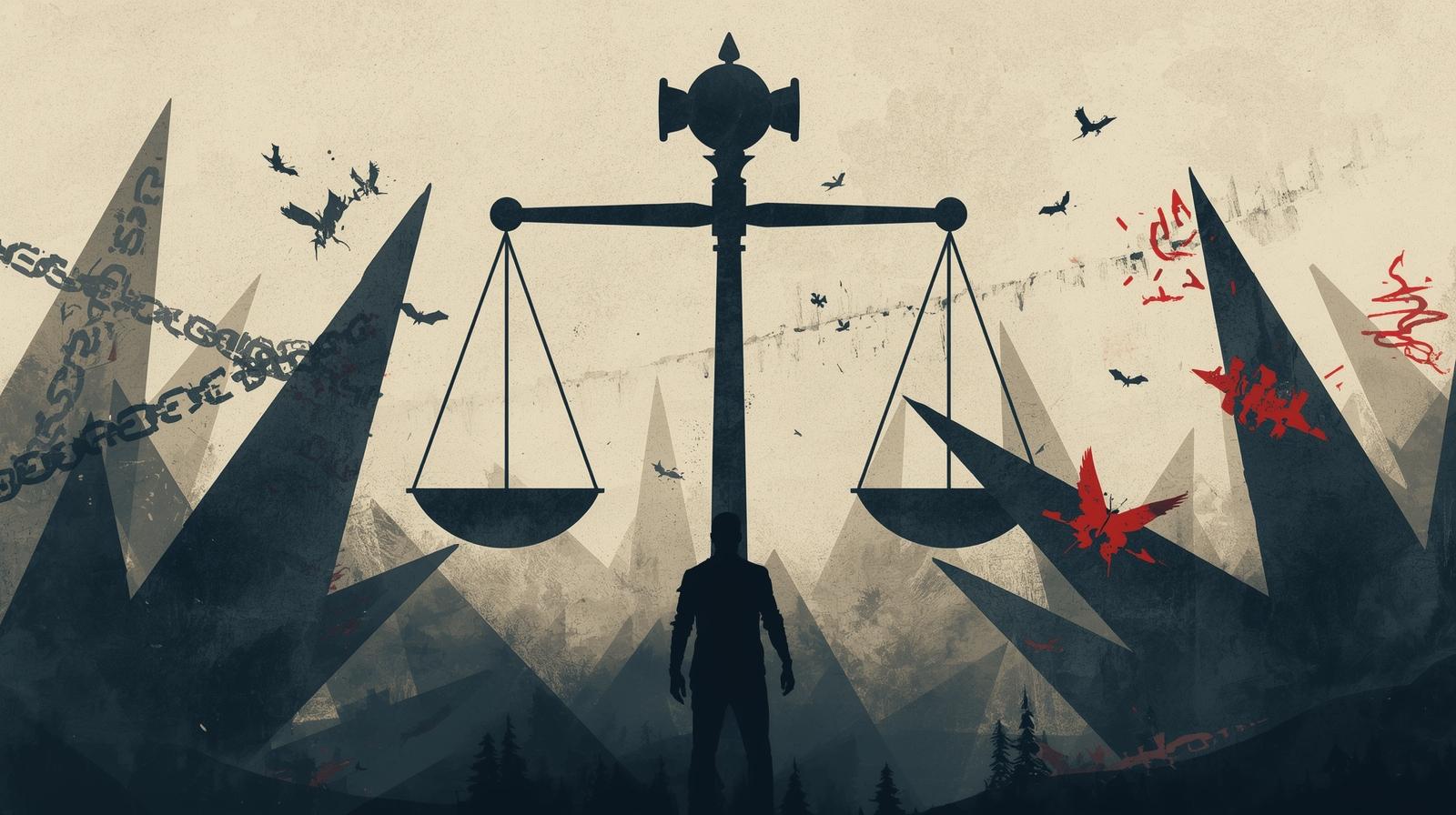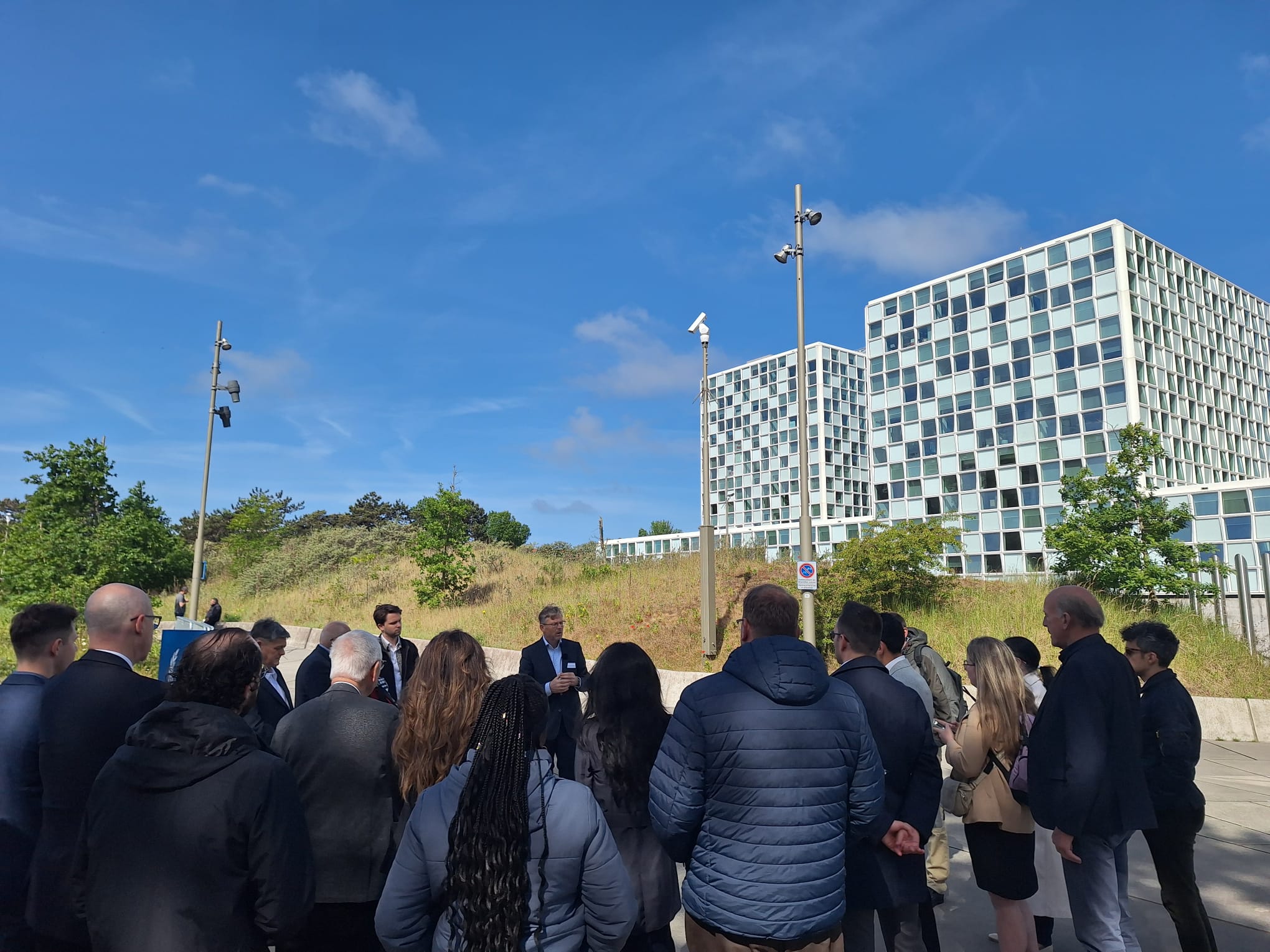Recently, barrister Joshua Kern of 9 Bedford Row, London and NGO Monitor Legal Advisor Anne Herzberg, have published two companion reports in which they deconstruct definitions and claims of apartheid in the Palestinian-Israeli conflict that delegitimise the State of Israel. Both reports are top-level legal analyzes that expose the premeditated attempts of powerful NGOs to delegitimize the Jewish State.
The first report was published on 9 December 2021:
False Knowledge as Power: Deconstructing Definitions of Apartheid that Delegitimise the Jewish State
At the beginning of 2021, Human Rights Watch (HRW) and B’Tselem published reports alleging Israel to be responsible for, and Israeli officials to be guilty of committing, the crime against humanity of apartheid. These publications were accompanied by an extensive PR campaign. Concurrently, NGOs were influential in the establishment of two UN bodies where the claim of apartheid will prominently feature, and these same groups are vigorously lobbying the International Criminal Court to include allegations of apartheid in its investigation into Israel.
However, the definition of apartheid used by HRW, B’Tselem, and other NGOs is not legally substantiated. Instead, these groups promote artificial and manufactured definitions designed to extend the ongoing campaigns that seek to delegitimize and demonize Israel.
Beyond its pejorative colloquial meaning (“apartheid state,” “vaccine apartheid”), apartheid is also criminalized in some treaties as a crime against humanity and/or a war crime, establishing individual criminal responsibility. In addition, states are prohibited from practicing apartheid in other treaties and by customary international law.
Apartheid is a grave allegation both for the individuals accused as well as the country they represent. A conviction comes with long terms of imprisonment, while the accusation alone can result in severe penalties including sanctions and international isolation. It is not a claim to be made casually, and the crime itself must be precisely defined. However, the definition of apartheid is untested in international law as no courts have yet examined the crime, and there is little detailed analysis available. As a result, central actors in the delegitimization campaign have exploited this gap to advance narrow, and destructive, political agendas.
This report presents a corrective. First, it analyzes the policy and practices of apartheid as pursued historically in South Africa. Second, it examines the nature and evolution of the apartheid allegation levelled against Israeli officials. Third, it addresses the legal vacuum and provides a full analysis grounded in international law of apartheid’s definition as a crime against humanity.
Click here for the first report.
The second report, assessing whether apartheid, as defined here, is applicable to Israel and territories under its administration, was published on 21 March 2022:
Neo-Orientalism: Deconstructing Claims of Apartheid in the Palestinian-Israeli Conflict
The first report, titled False Knowledge as Power: Deconstructing Definitions of Apartheid that Delegitimise the Jewish State, sought to rectify the lack of a coherent and legally substantiated definition of the crime of apartheid. Accusations of this crime against humanity have been historically levelled at the state of Israel and its officials by powerful NGOs such as Human Rights Watch (HRW), B’Tselem and, most recently, Amnesty International. The lack of an accepted definition of the crime of apartheid has been harnessed by central actors in the campaign to delegitimise Israel, who apply the term to characterise the political and legal nature of Israel’s government, and in many cases to delegitimise the notion of Israel’s identity as a Jewish state.
The legal analysis found the definitions of apartheid’s elements commonly used by the NGOs to be unreasoned by reference to principles and instruments of international law; consequently, the authors found the legal basis upon which accusations of apartheid against Israel rest to be invalid.
In the second report, the authorse expand on this analysis by assessing whether apartheid, as previously defined, is applicable to Israel and territories under its military administration. Building upon their previous analysis, it aims to respond to the most politicised aspects of the NGOs’ allegations by presenting a clear-eyed review of the validity of common claims which are said to support a case that apartheid is being committed in Israel, the West Bank, and Gaza.
First, they examine specific allegations made in the main NGO and UN reports alleging Israeli responsibility for apartheid – including publications by Human Rights Watch, Amnesty, B’Tselem, Al Haq, and former UN Rapporteur Richard Falk. They also review prominent academic publications and the 2018 Palestinian complaint to the Committee on the Elimination of Racial Discrimination. They then turn to the topics that appear most frequently in such publications, including the concept of a “Jewish State,” the Law of Return, the Nation State Law, separate legal regimes in Area C of the West Bank,
freedom of movement, “right of return,” settlements, and the concept of race and racial groups. They analyse claims made regarding these issues against the elements of the crime of apartheid in the Rome Statute per False Knowledge as Power. They conclude with a discussion about institutional discrimination and offer recommendations to the government of Israel.
Main Findings:
- Apartheid discourse is not merely criticism of or an attempt to improve Israeli policy. Rather, it is used by NGOs and UN officials to construct a narrative that presents Israel’s very existence as a Jewish state as illegitimate.
- The NGO and UN reports present an ahistorical and decontextualized narrative to press the case of apartheid. The publications erase the international community’s endorsement of the creation of a Jewish State, alongside Arab States; Arab military aggression and the ongoing Palestinian rejection of any final settlement to date; Palestinian political divisions and the root causes of fragmentation; and how the ongoing armed conflict has shaped policy in the region.
- NGO and UN publications overwhelmingly adopt a neo-orientalist approach towards Zionism and Judaism. Their claims rest on antisemitic caricatures and stereotypes, which trivialize how Jews have, for thousands of years, defined their peoplehood and their religion.
- Claims that Israel imposes a single, institutionalised apartheid regime “from the river to the sea,” and has deliberately “fragmented” the Palestinians are false. The existing territorial and political division of the Palestinian population results not from Israeli policies of “domination,” but rather from geopolitical factors impacting the history of the conflict, including Arab rejectionism, the 1947 UN Partition Plan, Jordanian and Egyptian control over the West Bank and Gaza respectively, the Oslo Accords (mutually agreed to between Israel and the PLO and witnessed by representatives of the international community), and Palestinian political splits.
- Contrary to NGO and UN rapporteurs’ claims, there is no fundamental incompatibility between Israel’s identity as a Jewish state and the protection of equality for all its citizens.
- Israel’s Law of Return does not provide for “Jewish preferential citizenship,” nor does it make the citizenship of non-Jews in any way inferior. Its provisions are consistent with international norms.
- Any reasonable assessment of Israel’s policies must be viewed through the lens of its security dilemma and the context of armed conflict within which they are implemented. NGO and UN reporting consistently fails to address these issues.
- An intention to secure the right of a people to reside in their ancient homeland, alongside Palestinian communities, cannot be said to entail an intention to establish and maintain a relationship of “domination and oppression.”
Click here for the second report.
Both reports are issued by NGO Monitor – highly recommended.



